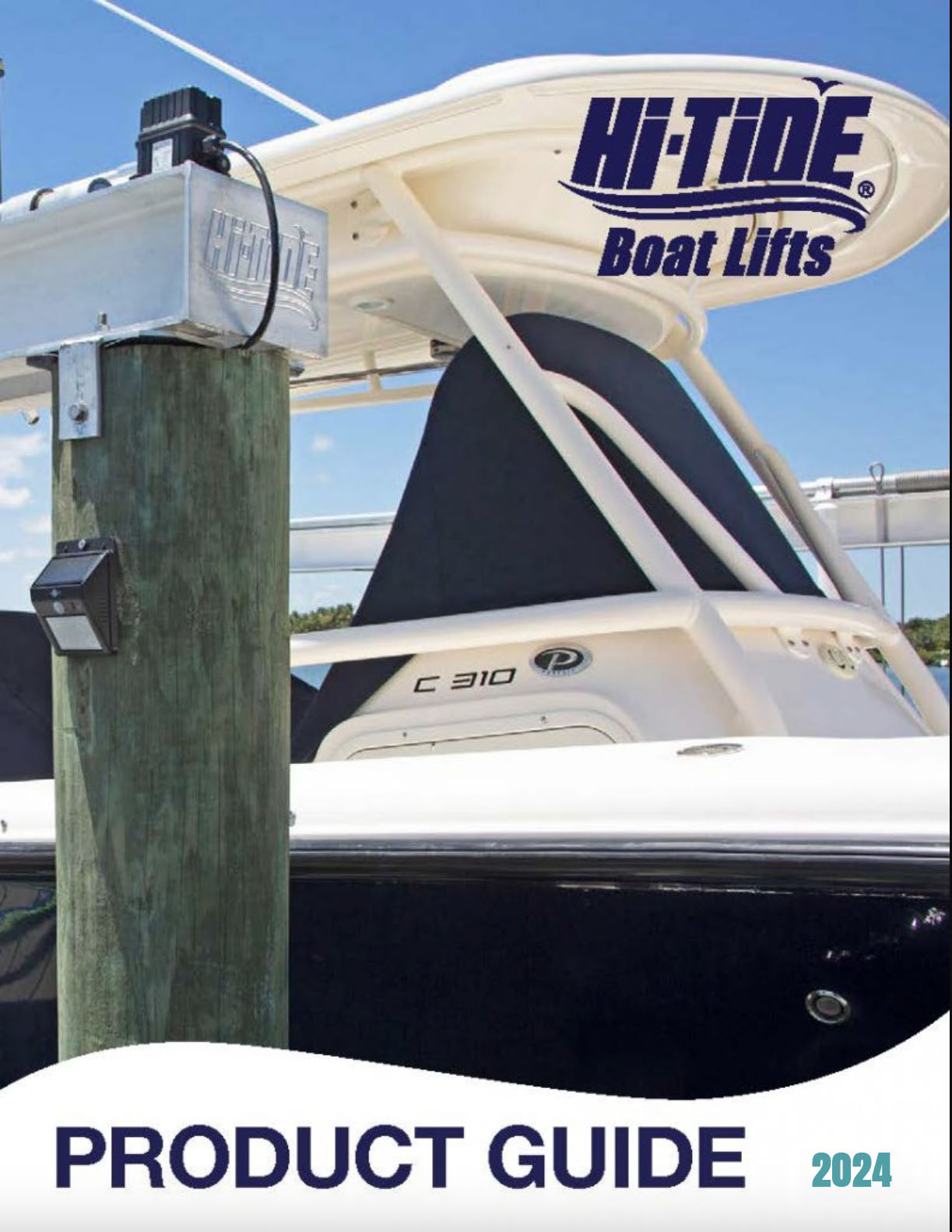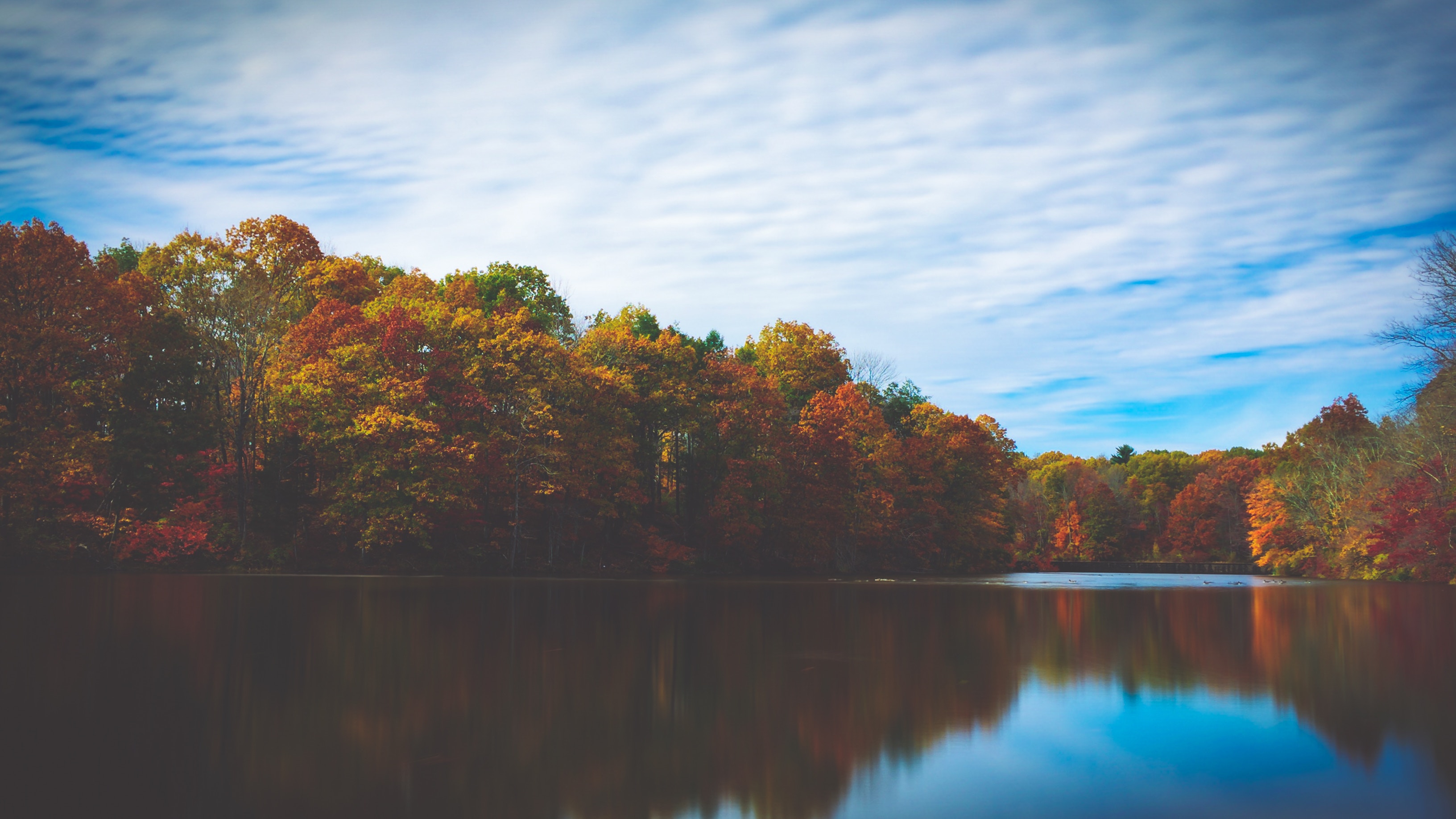
Let’s be honest–Florida has just about two seasons: sweltering summer and blink-and-you’ll-miss-it winter. Even well into October, it’s not out of the question to have days reach the upper 80s (and even beyond), meaning Halloween is often more sweaty than scary. However, that also means beach, pool and, most importantly of all, boating weather is with us nearly all year long.
However, if you will be boating outside of the Sunshine State or if this season surprises us with some unseasonably cool weather (or even if not), you should take the change of seasons to prep for cooler temps and complete general maintenance after a busy summer.
Fall Boating Safety Tips
- Life Jackets are Mandatory: Yes, we all understand that life jackets can save lives, yet so many of us don’t bother wearing them when we hit the water. Whether it’s apathy, ignorance or a desire to look cool, there is no excuse for not having enough life jackets for every passenger and asking that everyone wear said life jackets. Though less a concern most of the year for Floridians, other places can see waters dip into dangerously low temperatures. A life jacket could easily keep someone above water in cold temperatures, saving his or her life.
- Check Your Lights: Even if you plan on getting back in before sunset, make sure all of your boat’s lights are working properly. It’s very easy to forget how quickly the sun begins to set in the fall months, and many get caught off guard. The last thing you want is to be forced to navigate in dark waters without fully operational lights.
- Complete Your Maintenance Checklist: With every season change, it’s a great opportunity to go through your maintenance checklist, checking for damage, doing a deep clean on your vessel and ensuring all safety equipment is tip-top. You do not want to have an emergency and realize your potentially life-saving equipment is out of date or too damaged to use.
- Watch the Weather: Fall weather can be unpredictable. Make sure you check a forecast and continue to keep tabs on the meteorological outlook throughout the day to ensure you’re dressed for the right temperatures and can clear the way for any quickly forming storms.
No matter where you’re hitting the water, make sure your vessel is safe to operate, you and all passengers are wearing life jackets, you keep an eye on the weather and ensure your lights are functional before getting into some quality fall boating. Boat safely and we’ll see you on the water!
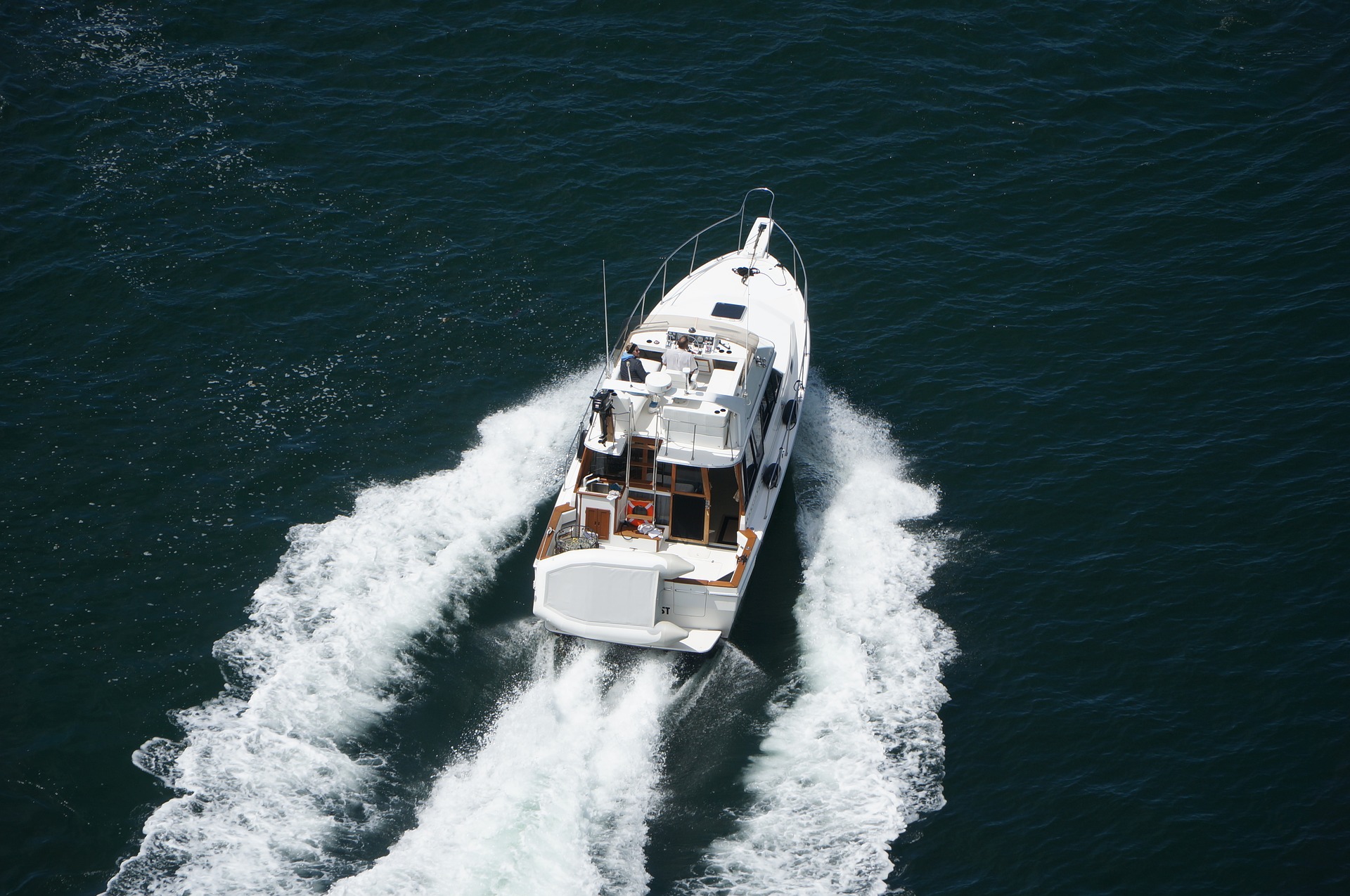
There are neat freaks, clutter kings/queens and everyone who falls somewhere in the middle. Oftentimes you only need to look at someone’s car to tell where along the neat/dirty spectrum they are–from immaculately washed and waxed to “WASH ME” scrawled in caked-on dirt. Regardless, we are absolutely not judging…until you move the conversation to boats.
Not washing your boat can cause a multitude of cosmetic and, more importantly, performance and safety issues. But the question is, should you wash your boat after every trip? Is it really worth the effort? Well, yes and no.
The unfortunate truth is that water, especially saltwater, can be quite destructive to many materials and surfaces that might be found on your boat. Metals can corrode, wood can warp and fiberglass can deteriorate. You can protect these thing by regularly cleaning your vessel, including:
- Waxing your boat every 3-4 months. The combination of hot sunlight and corrosive saltwater can quickly eat away at your boat’s protective layer of wax, so be prepared to recoat it regularly.
- Completing a freshwater wash down with a light cleaner (dish soap works in a pinch), which can drastically reduce the chances of corrosion on stainless steel parts and should be done after every use on saltwater.
- Flushing your engine after every use can keep it from getting clogged up by debris or corroded by saltwater.
- Washing all windows with a water and vinegar solution to keep visibility while on the water after every trip.
There are many ways to wash your boat, but the important thing to remember is that you should make it a priority if you want your investment to last. Wash it with fresh water and mild soaps after every trip, wax at least every four months, flush your engine after every use and wash your windows regularly.
Critics always joke about just how expensive (and stressful) boat ownership can be but if you wash your boat and conduct regular maintenance, it can be (mostly) smooth sailing for you and your ship.
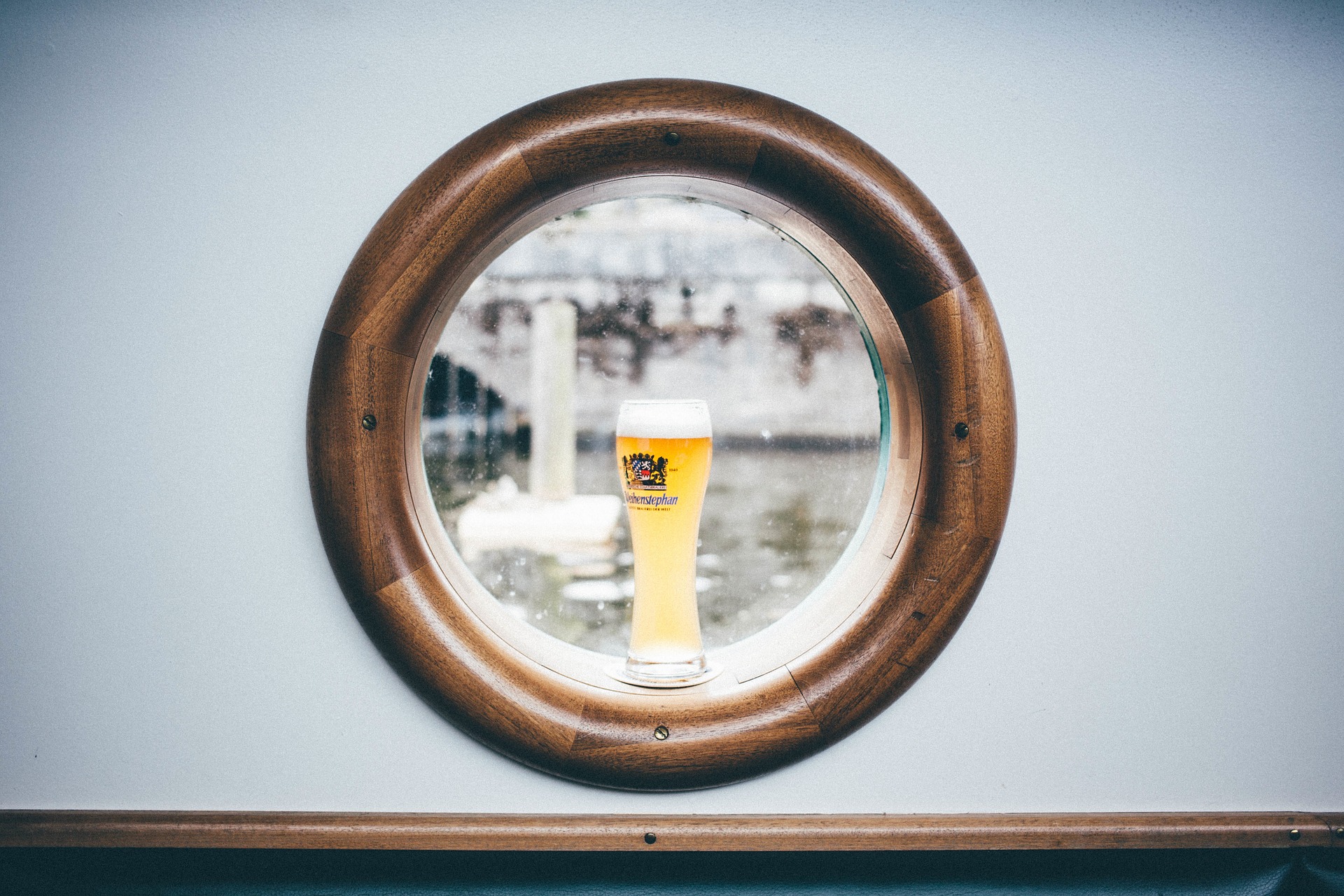
Would you take a few shots, knock back some beers or sip on a slew of cocktails before getting behind the wheel of your car? Well, what makes driving under the influence any different than boating under the influence? Some make the mistake of thinking that BUI is somehow safer than DUI because there are fewer boats on most waterways than there are cars on the road. But the statistics don’t lie; according to the American Boating Association, the leading contributor to fatal boating accidents is alcohol.
That being said, some still decide to recklessly operate their boat inebriated. For those people, there are laws in place to add a little incentive to do the right thing.
Quick Facts About Florida’s Boating Under the Influence Law
- Drinking and boating is not illegal unless the boat’s operator is above the legal BAC limit of .08 for those 21 years of age and older, or if the officer believes the operator is considerably impaired.
- An officer is allowed to stop a boat if they catch the operator speeding or operating recklessly.
- Boating while intoxicated by recreational drugs other than alcohol is also considered boating under the influence.
- Certain prescription medications that can hinder judgment or reaction times can lead to reckless boat operation and persecution under the boating under the influence law.
- The US Coast Guard has the right to arrest those found boating under the influence off of Florida’s shoreline.
- All boats, from canoes to superyachts, fall under Florida’s boating under the influence law.
Consequences for Boating Under the Influence
- First conviction: $250-$500 and up to six months of jail time
- Second conviction: $500-$1,000 and up to nine months of jail time
- Third conviction: $1,000-$2,500 and up to 12 months of jail time
Understand that fines and jail (or even prison time) only become more serious when arrests occur within 10 years of a prior boating under the influence arrest, or when an accident damages property or people.
Last year saw 701 deadly boating accidents. This is a lifestyle we love, but boating safety must be respected and followed in order to keep you, your family and all others who enjoy boating having fun while on the water. Though it may be tempting to indulge while taking the boat out, it is never worth risking your life and the lives of others.
Have fun, be safe and we’ll see you on the water this summer.
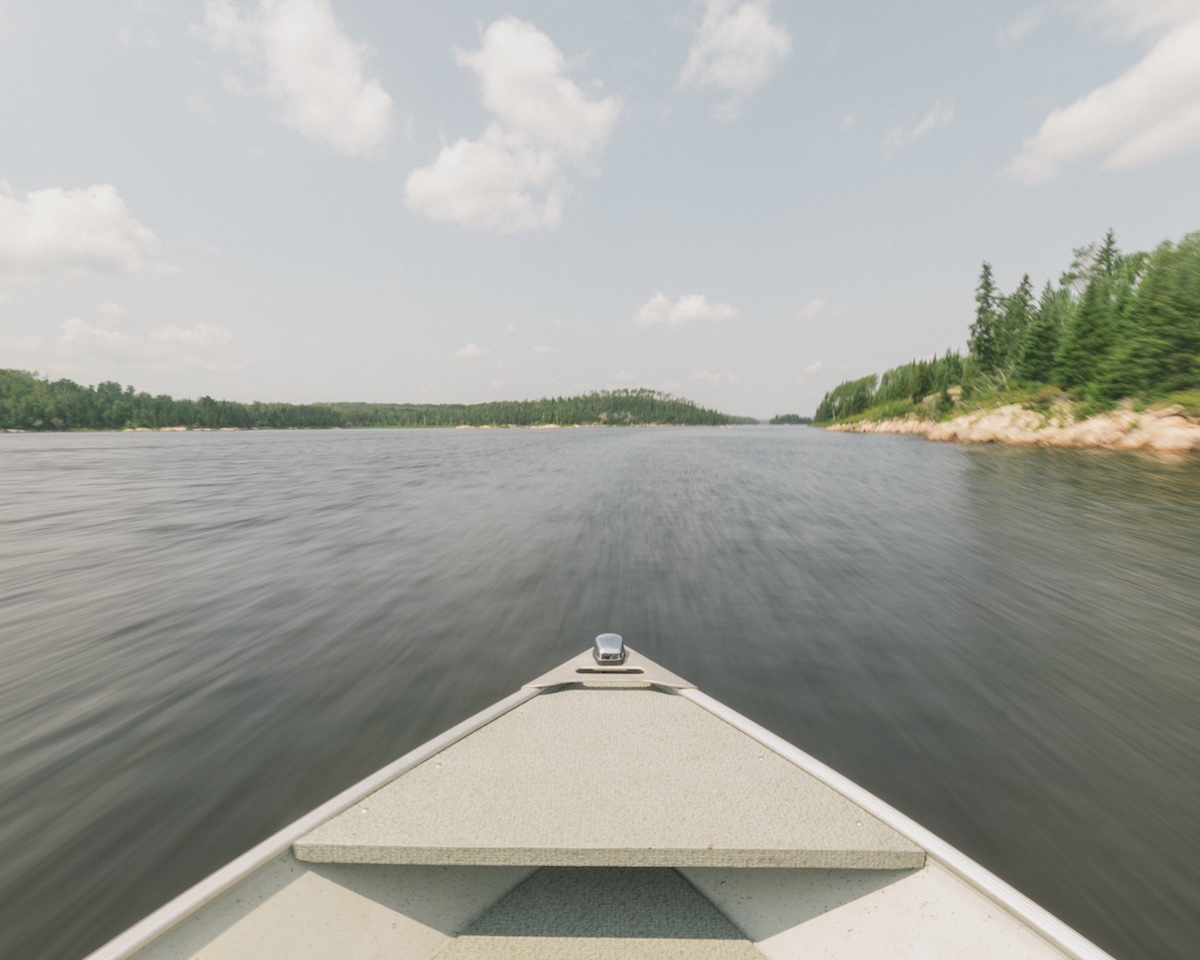
If there’s a body of water, chances are there will be a boating enthusiast just itching to get out on it. From the vast and often unpredictable waters of the open ocean to placid lakes and rushing rivers, there are plenty of uniquely interesting ways to hit the water. However, before a frequent river cruiser decides to hit the Atlantic for the first time or a deep sea fisherman tries his luck in a lake, it’s important to identify a few important differentiators and uncover some helpful boating tips specific to each body of water.
On the Ocean
There is nothing quite like the open ocean. From crashing waves to the unmistakable scent of saltwater in the air, this kind of boating can be truly invigorating, exciting and relaxing if the weather plays along. Unlike boating on freshwater, unless in the extreme cold, oceans do not freeze over in winter months. However, dangers like massive waves, tidal changes and the isolation of the open ocean must be considered before taking it on. Always ensure you have the adequate emergency equipment, including locator beacons and PFDs. Unlike smaller lakes and rivers, if you are forced to abandon ship in the ocean, you often can’t simply swim to shore.
On a Lake
Lakes are often placid and more predictable than the open ocean, especially smaller lakes. As another benefit, freshwater is far less corrosive and damaging to your vessel and its engine components. However, due to the limited size of most lakes, they can become a bit crowded in the spring and summer, while freezing over in winter months. Just make sure your boat isn’t at risk of running aground, as some lakes are more shallow than you may anticipate.
On a River
Rivers are essentially boating roadways, allowing travel through various regions of the U.S. with beautiful sights and sounds all around you. Rivers are also frequently used for water sports. The downside? Unless you’re going downstream, you may need a powerful motor to fight against the potentially strong current. Another concern is the depth of the river. Many rivers are quite shallow, so your mega yacht may not make it far. Like lakes, rivers also may freeze over in colder months. Smaller, flat-bottomed vessels equipped for shallower waters are recommended here.
Regardless of your preference, boating, fishing and simply spending a day on the water is what it’s all about to us. Oceans are vast and unpredictable, lakes are smaller but more placid, and rivers are shallow but often scenic. Take your pick, but always remember to do your research and, as always, keep safety your priority when hitting the water.
Information Cited: https://www.getmyboat.com/resources/tips-for-renters/468/boating-on-rivers-lakes-and-oceans
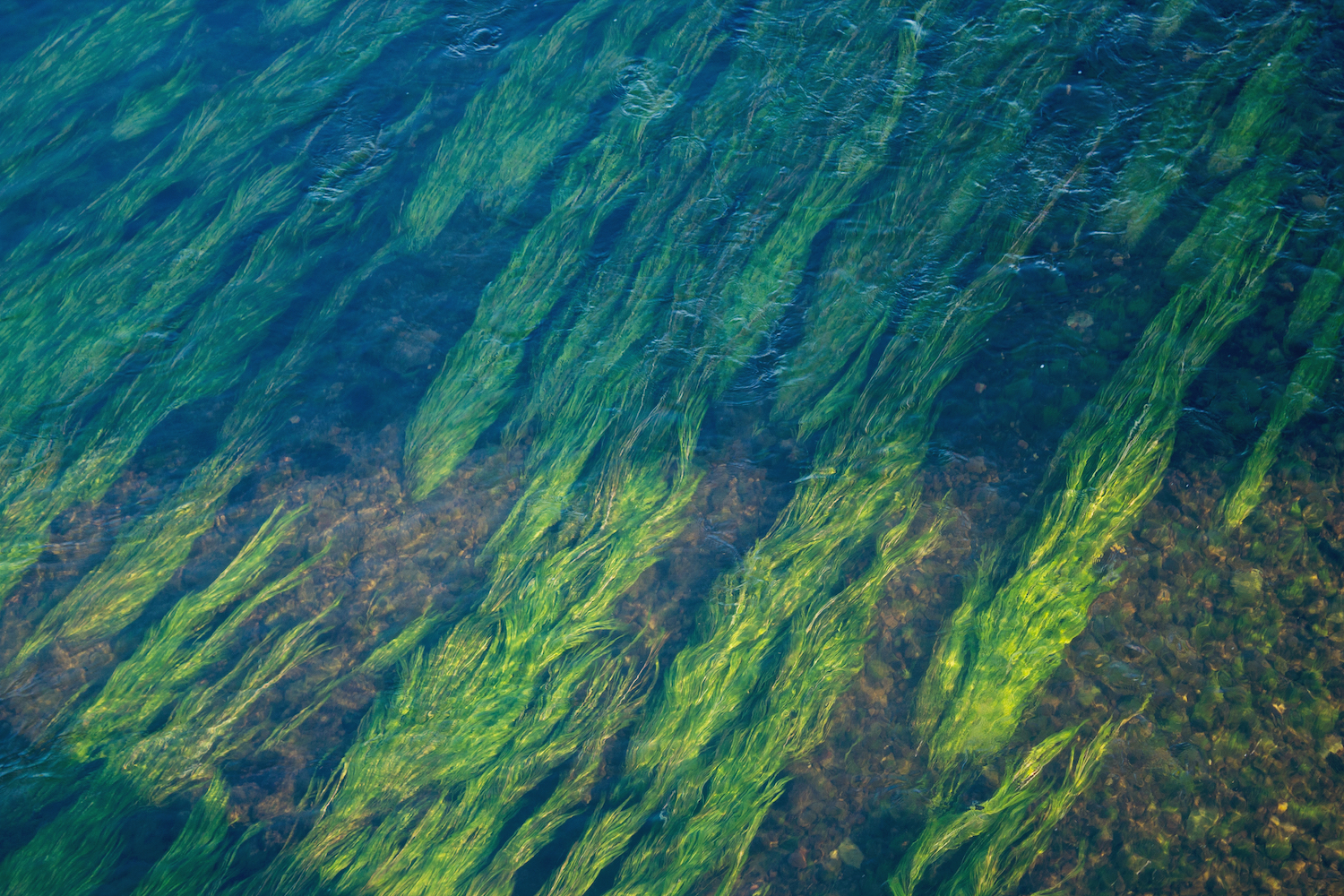
The great outdoors is…well–great. The trouble is, human exposure to these often delicate ecosystems can lead to damage, pollution and even full-stop extinctions if not carefully monitored. Your favorite waterway to boat or fish in is no different. For that reason, it is important to know the easy ways you can enjoy eco-friendly boating without sacrificing the fun of getting out on the water with friends and family.
Five Easy Ways to Implement Eco-Friendly Boating Techniques
- See the Signs: Many waterways, especially near vulnerable flora and fauna (manatees, seagrass, coral, etc.), will post “no wake” signs that warn boaters to slow their vessels. High-speed boats can cause wakes that damage shorelines and make it more difficult to maneuver around seagrasses and slow-moving wildlife. Just as you should in a car, follow posted speed limits and heed all warning signs.
- Don’t Spill: Fuel and oil are both awful for the environment. Though you may be extra careful when filling your oil and fuel tanks on the water, you may not be able to avoid a spill. Add to that, the risk of your engine or tanks leaking these pollutants and you can see why it is so important to report any incidences of oil or gas leaks to the Environmental Protection Agency as soon as possible. If you come across a vessel leaking or dumping pollutants, it is your responsibility to report it as well.
- Maintenance and Mess: Always ensure that your engine is up to snuff before hitting the water. It is especially important to check all hoses, which can become brittle after months of exposure to the sun and water.
- Trash Troubles: Do your part to ensure that no one on your boat is throwing garbage overboard. It is tempting to simply toss that soda can or potato chip bag into the open water, but this has an immediate and terrible impact on the entire ecosystem, no matter how little the litter.
- Overfishing: If you’re new to fishing, you may not realize that there are strict regulations on both saltwater and freshwater fishing to avoid overfishing or the capture of protected species. Follow these rules to stay on the right side of the law and preserve the delicate ecosystem.
If you love boating, you must also love and respect Mother Nature. Do your part every time you hit the water by following waterway speed limits and warnings, reporting oil and fuel spills, maintaining your engine and never littering. As boating and fishing enthusiasts, we are also the guardians of the waters we love spending our time on.
Smart, eco-friendly boating has come a long way since the “save the manatees” days (a campaign that actually accomplished just that). With more awareness, there is no excuse for leaving our waterways worse for future generations of boaters, fishers and anglers.






